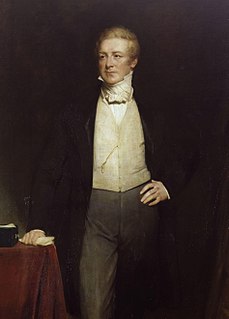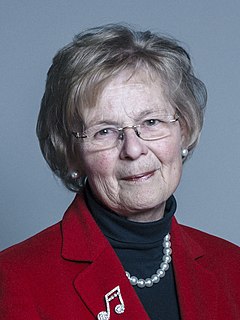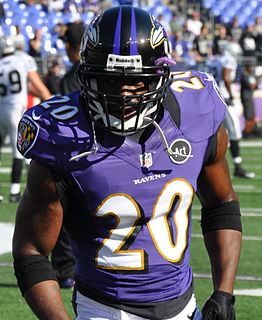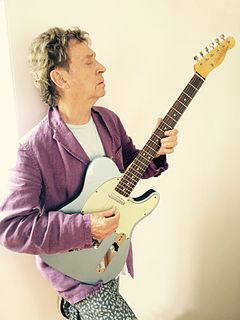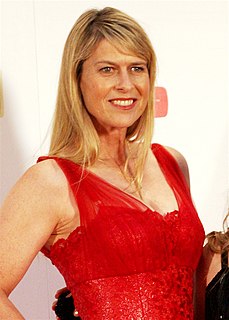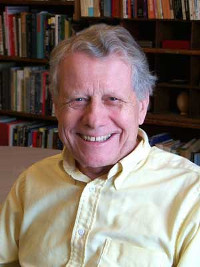A Quote by Miles Davis
They [police] do me like that all the time! "What you work for?".
Related Quotes
The murder clearance rate now in my city Baltimore is almost non-existent. Nobody can solve a murder, nobody can do any actual police work, because they've learned how to do bad police work, chase drugs. Fighting vice, while being unable to respond to sin. Generations of cops have learned how not to police work by policing the drug war. Not only are they police brutal, they're ineffective. Baltimore is more violent than it has ever been in modern history.
I have a letter from a police inspector, retired after some 30 years in rural Derbyshire, alerting me to the potential impact of a total ban on hunting on relationships between the police and the community in rural areas - a particularly significant consideration in current circumstances. Is it, I ask myself, sensible to divert valuable police time to enforce a ban on hunting when they are under so much pressure from violent crime?
I like to receive money for my work. But I can pass that up this time. I like to have people know my work is done by me. But I can pass that up. I like to have tenants made happy by my work. But that doesn't matter too much. The only thing that matters, my goal, my reward, my beginning, my end is the work itself. My work done my way. Peter, there's nothing in the world that you can offer me, except this. Offer me this and you can have anything I've got to give. My work done my way. A private, personal, selfish, egotistical motivation. That's the only way I function. That's all I am.
From that point on, the extraordinary system of spies and informers which has played an important part in the political work of the French state into our own time took shape. (Sartine, who became lieutenant general de police in 1759, is supposed to have said to Louis XV, "Sire, when three people are chatting in the street one of them is surely my man.") Eighteenth-century police manuals like those of Colquhoun in England or Lemaire in France are no less than general treatises on the government's full repertoire of domestic regulation, coercion, and surveillance.







